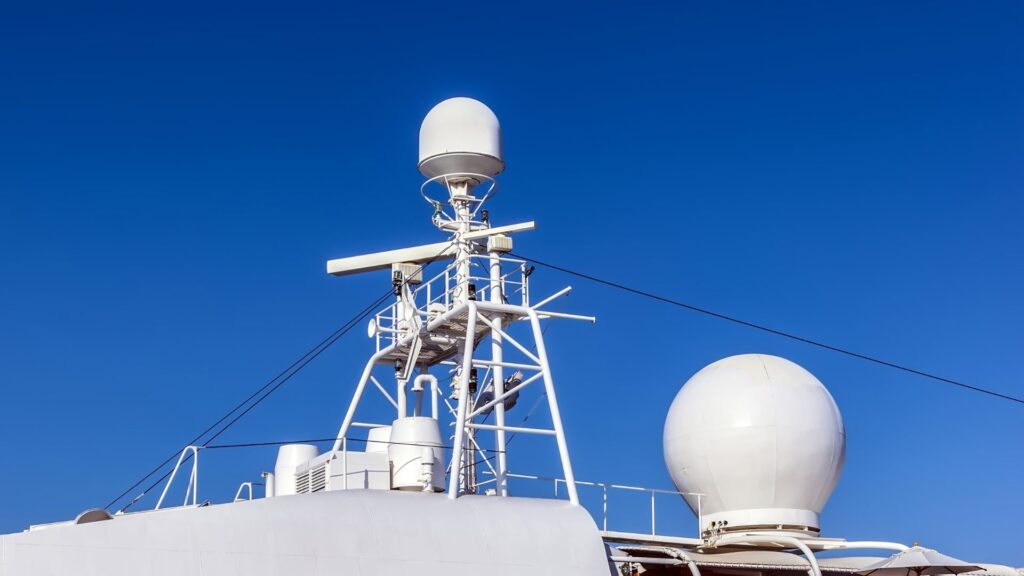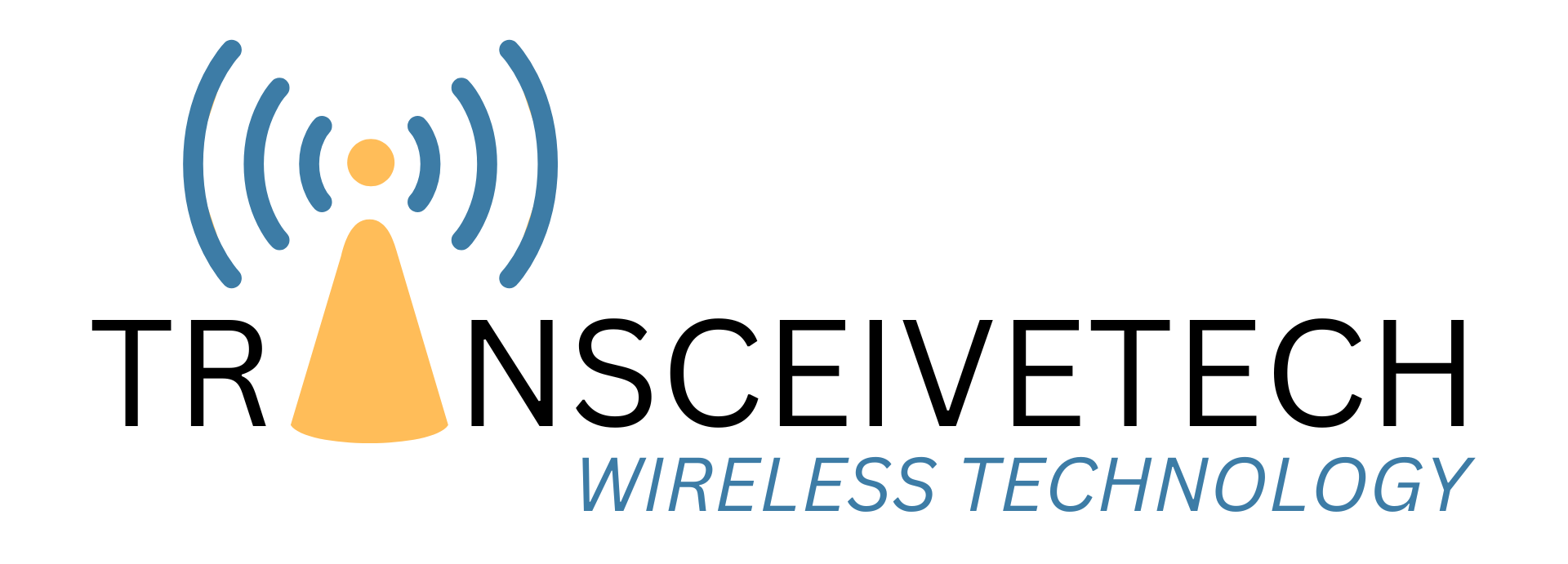Oil and Gas Industry Standards for Satellite Communication Systems
Oil and gas industry standards for satellite communication systems enhance efficiency, safety, and overall performance. In the dynamic realm of the oil and gas industry, satellite communication systems play a pivotal role in connecting remote operations. Adhering to industry standards is not just a regulatory requirement but a strategic imperative for companies.
Satellite communication systems facilitate real-time data transmission, enabling companies to monitor equipment health, streamline operations, and enhance safety.
What are some of the standards set within the oil and gas sector to ensure the seamless integration and reliable performance of satellite communication systems?
Industry Overview
The oil and gas industry operates in diverse and often challenging environments, including offshore rigs, remote extraction sites, and expansive pipelines. Traditional communication infrastructure often falls short in these remote areas, making satellite communication systems a vital lifeline for data transfer, monitoring, and decision-making.
Regulatory Bodies
Satellite communication systems must adhere to guidelines set by regulatory bodies, to ensure global interoperability.
Key regulatory bodies such as the International Telecommunication Union (ITU), International Maritime Organization (IMO), International Electrotechnical Commission (IEC)and National Regulatory Authorities establish standards to ensure the reliability, safety, and interoperability of satellite systems

Key Standards in Satellite Communication
Frequency Band Allocation
Industry standards dictate specific frequency bands for satellite communication in the oil and gas sector. This ensures interference-free communication and compliance with international regulations.
Reliability and Redundancy
Given the critical nature of operations, standards require satellite communication systems to incorporate redundancy features, ensuring uninterrupted connectivity even in the event of equipment failures or adverse weather conditions.
Data Security
Security standards are paramount to protect sensitive data transmitted via satellite communication. Encryption protocols and secure authentication mechanisms are mandated to safeguard against unauthorized access and cyber threats.

Integration with SCADA Systems
Satellite communication systems must seamlessly integrate with Supervisory Control and Data Acquisition (SCADA) systems, providing real-time monitoring and control capabilities. This integration enhances operational efficiency and allows for timely decision-making.
Environmental Considerations
Standards for satellite communication systems in the oil and gas industry also address environmental concerns. Equipment must be designed to withstand extreme conditions, including high temperatures, corrosive atmospheres, and potential exposure to hazardous substances.
Get the Right Team
The oil and gas industry is strict on the implementation of these standards. Not adhering to these regulations can cause project delays and pose a risk to the safety of those on board.
So, get the right team on the job! Vivo Asia Engineering has over 10 years of industry experience in the installation of VSAT systems in compliance with industry regulations from. From choosing the right equipment to a smooth installation and testing phase, we can help you.
